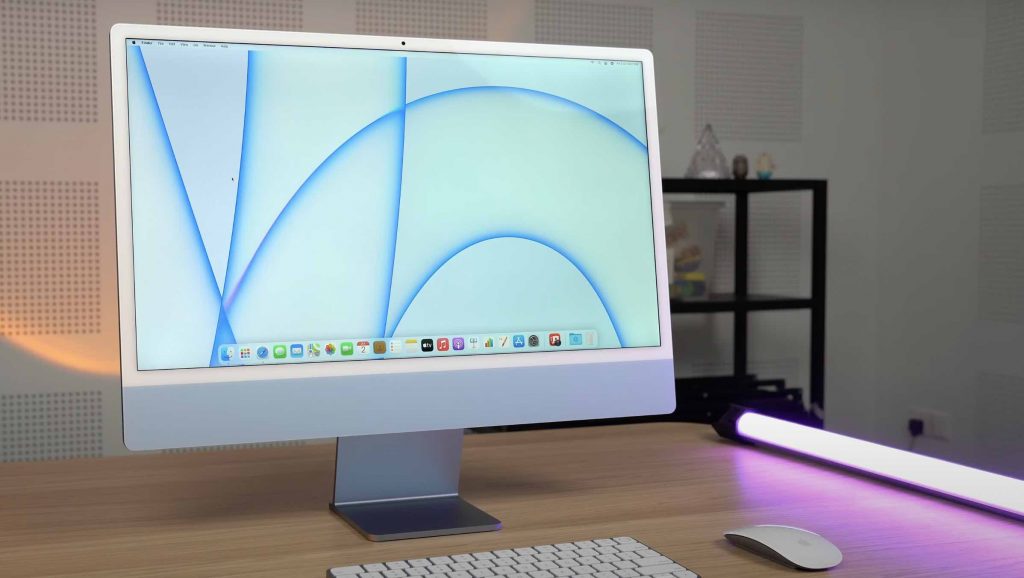It hasn’t even been 24 hours since Qualcomm’s Snapdragon Summit and already Apple is raining on its parade. The company has just announced an appropriately Halloween-themed “Scary Fast” event happening on October 31, where it will reveal its usual slew of new products. Crucially, the invite shows the iconic Mac Finder icon, confirming that this round will focus on Cupertino’s computers.
As hinted by the name, the centrepiece will almost certainly be the new M3 chip, which should provide a useful performance boost over the current M2. They should follow the template set by the iPhone 15 Pro‘s A17 Pro, which is built on TSMC’s latest 3nm process and incorporates hardware-accelerated ray tracing for the first time.
The only question that remains is what devices will be launched at the event. Apple typically releases the vanilla (i.e. non-Pro/Max/Ultra) chips first, which powers the MacBook Air, 13-inch MacBook Pro, iMac and Mac mini. Right away, we can discount the last one, as the M2 and M2 Pro versions of the Mac mini were only just released in January.

It’s been rumoured that the 24-inch iMac will receive a refresh at the event—a long-overdue one, given that it was last overhauled in 2021 and missed out on the M2 chip entirely. A new MacBook Air and 13-inch MacBook Pro should also be a shoo-in, and the latter could even see a complete redesign, finally banishing the much-maligned Touch Bar.
This improvement in performance comes not a moment too soon, as Apple Silicon faces new competition in the shape of the recently-announced Snapdragon X Elite.
Still built on a 4nm process, Qualcomm’s new PC-class processor features 12 custom Oryon CPU cores and is touted to offer 50% faster peak multi-threaded CPU performance compared to the M2; it’s even claimed to outstrip the M2 Max in terms of single-threaded performance. The SoC also boasts on-device generative AI processing and “multiple days of battery life” for laptops.
Alternatively, if the M3 doesn’t come to fruition at the event, Apple could instead release a new M2 iMac and an M2-powered iPad Air, the latter joining the iPad Pro in incorporating the current M-series chip.







